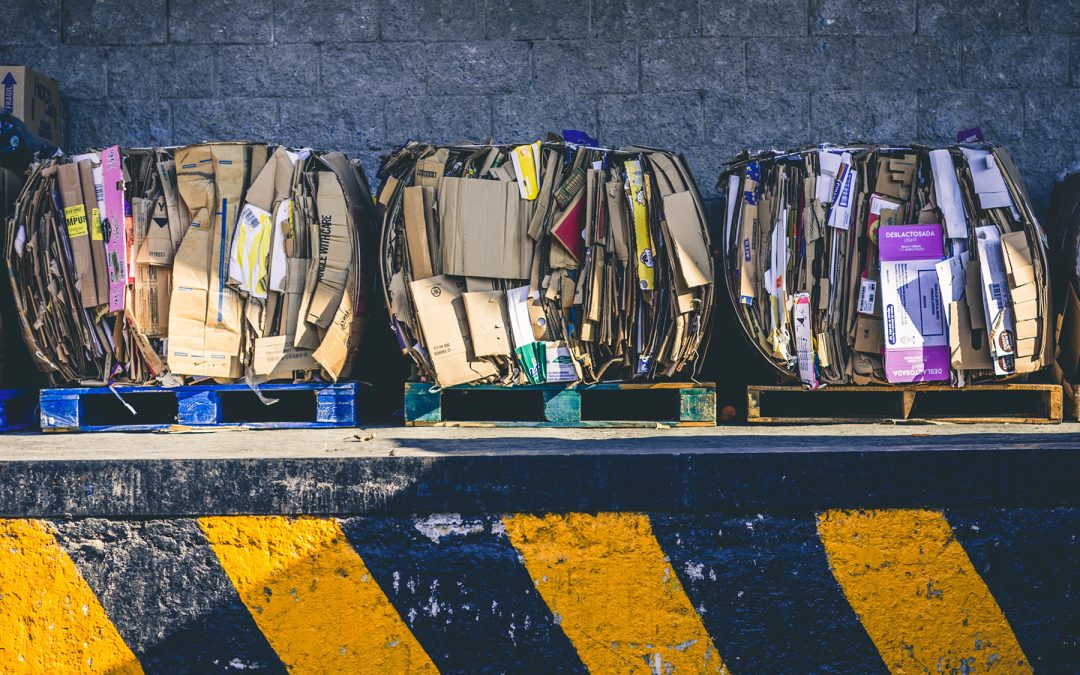The COVID-19 pandemic continues to disrupt lives, communities, and industries around the world, including recycling in the United States. In a new article published in The Conversation, industrial ecology researcher and macromolecular science and engineering Ph.D. candidate Julie Rieland and her advisor, U-M Materials Science and Engineering Professor Brian Love, examine the pandemic’s ongoing impact on the already struggling industry.
They write that the combination of people spending more time at home as a result of pandemic necessitated lockdowns, along with temporary restrictions on reusable, communal, or secondhand items, has led to an increase in solid waste around the country. This comes at the same time municipal recycling programs are already facing dwindling budgets. Over one third of recycling program suspensions since 2017 have occurred after January 2020.
“Today, Americans are trying to balance their physical well-being against ever-mounting piles of plastic waste,” Rieland and Love write. “At a time when reducing and reusing could be dangerous, and recycling economics are unfavorable, we see a need for better options, such as more compostable packaging that is both safer and more sustainable.”
Read the full story at The Conversation.

